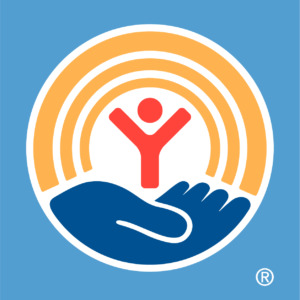In November 2022, The Promise’s Record Clearing and Employment Access initiative hit its official six-month mark. While we still have six months of programming left in our first year, we’re excited about the progress thus far – with The Promise’s community partners making strides seeing over 1,000 people meet with a lawyer as of December 2022.
Author: Sarah Hutton, lead, career pathways at United Way
A few weeks ago, we shared a literature review that summarized the body of research used to inform The Promise’s record clearing and employment access program design. The literature review was produced by our evaluation partners at the Juvenile Justice Research & Reform Lab at Drexel University. Led by support from United Way of Greater Philadelphia and Southern New Jersey’s Knowledge Center, this team has embarked on a five-year evaluation of our record clearing clinics to examine what happens to individuals during and after the record clearing process.
Some of the things you will find in this six-month report, entitled "The Promise’s Record Clearing Initiative: Six Months of Progress in Philadelphia" include an overview of our initiative (pages 2-3) as well as a detailed description of the different types of record clearing (page 4). You will also see a breakdown of the types of record clearing the attendees of our legal clinics are eligible for. So far, as of today, 62.1% of individuals moving forward as clients will have to apply for both expungement(s) and a pardon, 13% will only apply for expungement(s), and 5.5% for only a pardon. 5.4% will have to apply for sealing, expungement, and pardon. You can learn more about eligibility and see the full breakdown on page 5.
These eligibility breakdowns have huge implications for our program and for Philadelphians as a whole; a vast majority of clients will need some type of pardon which is currently the longest and most extensive type of record clearing. Attending our clinics and meeting our legal partners is just the first step in what will be a very long journey to removing the many barriers that a criminal record creates. (To learn more about these barriers, see page 2). This report further highlights how the burden of a criminal record can haunt impacted individuals, by noting that clinic attendees’ most recent arrests can date back more than 50 years (See page 7).
The report also shows that the clinics are reaching the communities in Philadelphia that are disproportionately impacted by criminal records.
71% of the clinic attendees are male (compared to 47.5% of city residents) and 80% are Black (compared to 43.5% in the city overall). We believe this demonstrates that The Promise and its community partners targeted marketing outreach efforts are working.
While we have a long road ahead, this six-month report paints a picture of who has been reached and served so far. We thank our community partners for their insight and collaboration on this meaningful work, and look forward to continuing updates as we learn more.
This report is part of United Way's Knowledge Center. To see more reports focused on data and community learning, visit the Knowledge Center's portal.

